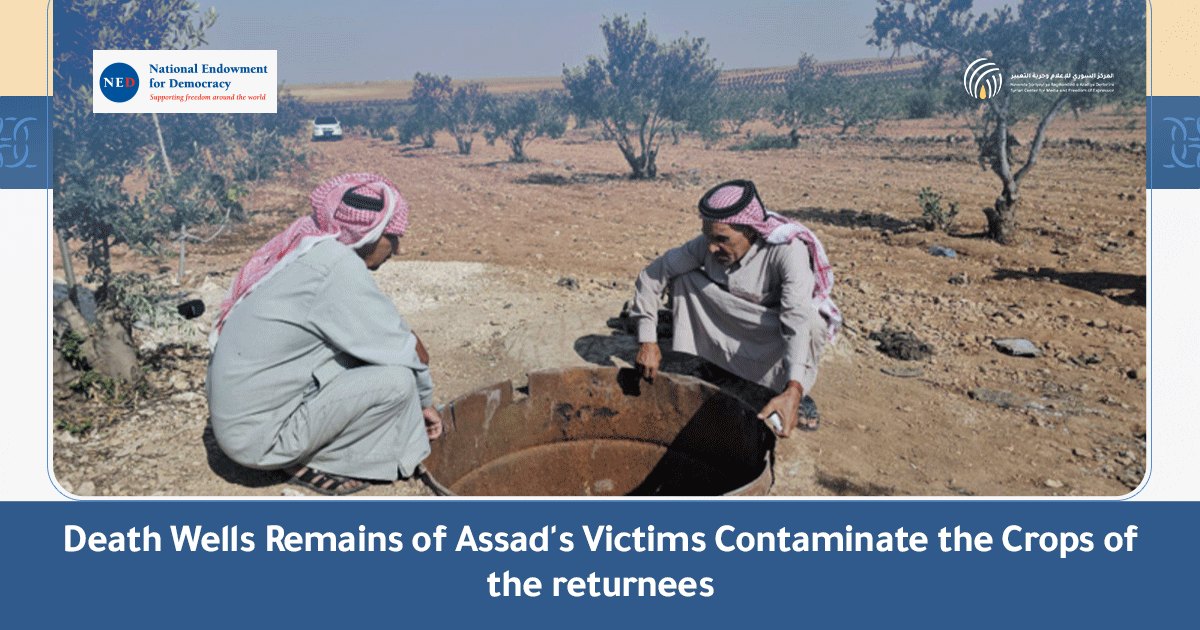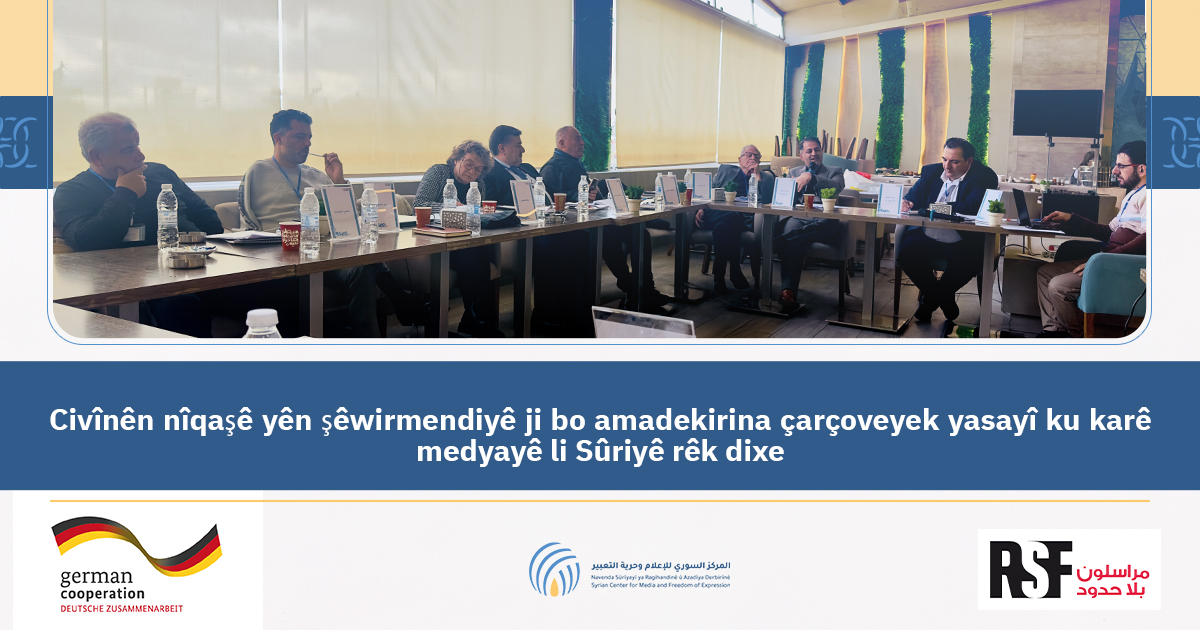RESOLUTION ON THE ON-GOING CONFLICT IN SYRIA AND TURKEY
The FIDH, gathered at its 40th Congress in Taipei, Taiwan,
Having regard to recent developments in northern Syria, especially the Turkish government’s military offensive against Kurdish-controlled areas in Syria;
Having regard to the decision by the President of the United States Donald Trump to withdraw American troops from Syria which was considered by Turkish President, Recep Tayyip Erdoğan as a green light to launch military operations in Syria;
Whereas, since the operation – that has been dubbed as “Peace Spring”– started on 9 October, tens of thousands of civilians have fled their homes, and more than 60 civilian deaths have been reported by the Violation Documentation Center (VDC) in Syria;
Whereas more than 65 civilian facilities and areas were targeted by Turkey and Turkish-supported militias;
Whereas the Turkish military offensive’s purported aim is to neutralise “terrorist” threats against Turkey by preventing the creation of a “terror corridor” across Turkey’s southern border and establishing a ‘safe zone’, and to facilitate the return of Syrian refugees currently living in Turkey;
Whereas Turkey began controlling the area when launching a military operation into Syria’s Jarabulus, Azaz and Al-Bab districts in August 2016;
Whereas Turkey’s military incursion into the Afrin region of Syria, commenced in January 2018, has already led to the displacement of thousands of people and a wide range of documented violations,
including killings and executions of local inhabitants, arbitrary detentions, forced disappearances, confiscation of property and looting;
Whereas Turkey maintains a military presence in Syria’s Idlib district within the framework of its agreement with Russia and Iran.
Whereas, although Turkey claims that its presence in northern Syria west of the Euphrates is temporary, the reported appointment of officials for the governance of the region, the opening of local offices of
government institutions and the recent announcement that Turkey’s Gaziantep University will open 3 faculties in the region suggest a longer-term strategic plan on the part of the Turkish government in the
area;
Whereas Turkey is reportedly planning to resettle up to 2 million Syrian refugees currently residing in Turkey, mainly Arab populations, into a “safe zone” stretching almost 20 miles (32 km) inside Syria and controlled by the SDF, in an apparent attempt to recompose the local demography.
Whereas the SDF have been detaining 12,000 ISIS fighters in makeshifts prisons, and some 70,000 women and children suspected of links with ISIS are being held at camps.
Whereas hundreds of people with suspected links to the terrorist group have fled Ein Issa camp, located in Northeast Syria, while some
ISIS fighters have escaped Kurdish detention facilities according to Kurdish officials.
Whereas there is a risk that the Turkish offensive might pave the way to ISIS re-emerging in Syria while simultaneously resulting in mass displacement and countless civilian casualties;
Whereas there is a growing fear of the Syrian regime forces committing human rights violations and arresting dissidents residing in the region as they continue their advance, seizing a number of towns without a fight, including Tel Tamer, Tabqa, and Ein Issa;
Whereas grave violations of human rights and humanitarian law have allegedly been committed by Turkish armed forces and proxies in Northern Syria since the offensive was launched, including indiscriminate attacks and arbitrary executions, which may amount to war crimes;
Whereas Turkey could bear responsibility as a State for violations committed by their affiliated armed groups, as long as Turkey exercises effective control over those groups, or over the operations in the course of which those violations occurred, as recalled by the UN office of the High Commissioner for Human Rights;
Whereas some observers fear that, given the historic animosity and long-standing conflict between Turkey and the Kurds, these violations could escalate to ethnic cleansing of the Kurdish population in Northern Syria;
Whereas, in parallel, the crackdown against opponents, who express their disagreement with the military intervention in Syria, has been intensified in Turkey;
Whereas the Turkish Minister of Justice, Abdulhamit Gül, declared on 11 October 2019 that legal action would be taken against 500 individuals who “insulted” the military intervention and defined Turkey as an invader on social media, 121 of whom have already been taken into police custody; and whereas cases of such targeting are increasing daily;
Whereas a criminal investigation has been launched against three HDP (People’s Democratic Party) deputies, the two HDP’s co-presidents and one CHP (Republican People’s Party) deputy on charges of “terrorist propaganda” and “insulting the Turkish Government” for expressing their criticism against the military intervention;
Whereas across Turkey, public demonstrations and assemblies have been banned, and protesters are routinely met with disproportionate use of force by the police and subject to a criminal action;
Whereas the situation in Turkey has been severely deteriorating since the 2016 failed coup; rule of law and human rights – particularly the right to political participation, the right to freedom of expression, assembly and association and freedom from torture – have in turn been seriously challenged and the space for civil society, including critical voices, has been dramatically shrinking, while human rights defenders have been particularly targeted. This comes in the context of a prolonged declared state of emergency between July 2016 and July 2018, whose core substance was later transposed into ordinary law, which in turn facilitated the swift enactment of substantial and far-reaching legal and political reforms severely restricting human rights and civic space; These, included constitutional reforms which further consolidated the president’s executive power fundamentally undermining checks and balances and putting the country on the road to authoritarianism.
Whereas the Turkish government has failed to find a peaceful and long-term solution to the Kurdish issue; instead, it has been targeting the Kurdish population purportedly in pursuance of its security policies, which in turn had serious human rights consequences;
Whereas the situation in the Southeast of Turkey, predominantly populated by Kurdish people, has been particularly dire and serious human rights violations are reported to have been committed in this area over these past three years, which has exacted a high toll in human lives including among the civilian population, leading some observers to conclude that the situation could amount to an internal armed conflict;
Whereas the European Union concluded in March 2016 a deeply objectionable deal with Turkey on migration, outsourcing the responsibility for migrants, asylum-seekers and refugees, including refugees fleeing the conflict in Syria, to the Turkish government to prevent them from entering EU territory, without due consideration of Turkey’s poor human rights record and the lack of a well-functioning asylum system in place in Turkey to handle asylum claims according to international human rights and refugee law standards;
Whereas the European Union has since been very cautious in expressing any public criticism towards the Turkish government, for fear that the agreement would be revoked by Turkey.
FIDH, meeting on the occasion of its 40th Congress in Taipei, Taiwan:
Considers that Turkey’s military intervention in Syria constitutes unlawful use of force against the territorial integrity and political independence of a sovereign state, in violation of Art. 2 of the UN charter;
Considers that the forced displacement of civilians may amount to international crimes, including war crimes and crimes against humanity.
Warns Turkey and all parties to the conflict, including the Syrian regime, against undertaking any actions potentially harming civilians, and against perpetrating further violations of international humanitarian law and human rights;
Expresses concerns that the Turkish military intervention in Northern Syria might pave the way for a reemergence of ISIS, while simultaneously resulting in countless civilian casualties and other grave human rights violations, in addition to mass displacement potentially leading to ethnic cleansing and/or demographic recomposition;
Regrets that the Turkish military intervention also appears to have been used by the Turkish government as an excuse for a further crackdown on its political opponents and other critical voices, particularly among the Kurdish population, and potentially to eliminate the Kurdish opposition in Turkey;
Regrets and expresses concern about the dangerous escalation of violence caused by the Turkish military operation in Northern Syria, and the further instability this is likely to provoke in the region, of which civilians are likely to bear the highest price.
Urges Turkey to:
· Halt the military incursion and attacks on Syria without delay by declaring an immediate ceasefire;
· Ensure the respect for international law and international humanitarian law during the conflict, including the obligations deriving from the 1949 Geneva Conventions. Refrain from any action that could lead to further violence or human rights violations, and especially refrain from any indiscriminate attack against the civilian population and arbitrary executions and any other humanitarian law or human rights violations that could be considered as amounting to war crimes;
· End impunity by effectively investigating and prosecuting allegations of international human rights and humanitarian law violations, including enforced disappearances, arbitrary executions, and torture, whether carried out by state agents and their proxies;
· Take action to disengage from the civil war underway in Syria and to ensure respect for the right of the Syrian people to self-determination and the right of the Kurdish people to establish their own local autonomous administration in the region of Rojava together with the other communities involved;
· Put an end to the crackdown on and harassment of opponents and human rights activists in Turkey, including the Kurdish opposition; free and drop charges against any individuals detained for having freely expressed their opinions, including when these go against those promoted by the government, or for having worked to defend human rights. Restore respect for the rule of law, human rights and fundamental freedoms in Turkey and take all due steps to engage in constructive political dialogue with the Kurdish opposition and build a genuine peace process.
Urges the Syrian regime and other parties to the conflict in Syria to:
· Respect international human rights and humanitarian law and particularly refrain from indiscriminate bombings of residential areas and other actions that reliably result in civilian casualties and injuries, and forced displacements.
Calls on the international community to:
· Do everything in its power to work towards a political solution to end the conflict in Syria and the suffering of the civilian population;
· Decisively act to end the impunity surrounding ongoing operations targeting civilians in Northern Syria;
Calls on the European Union and member states:
· Not to yield to the Turkish government’s threat to revoke the agreement concluded between the EU and Turkey on migration and to adopt a course of responsive action based on the Union’s fundamental principles of respect for democracy, the rule of law and human rights in conformity with Article 21 TEU.





